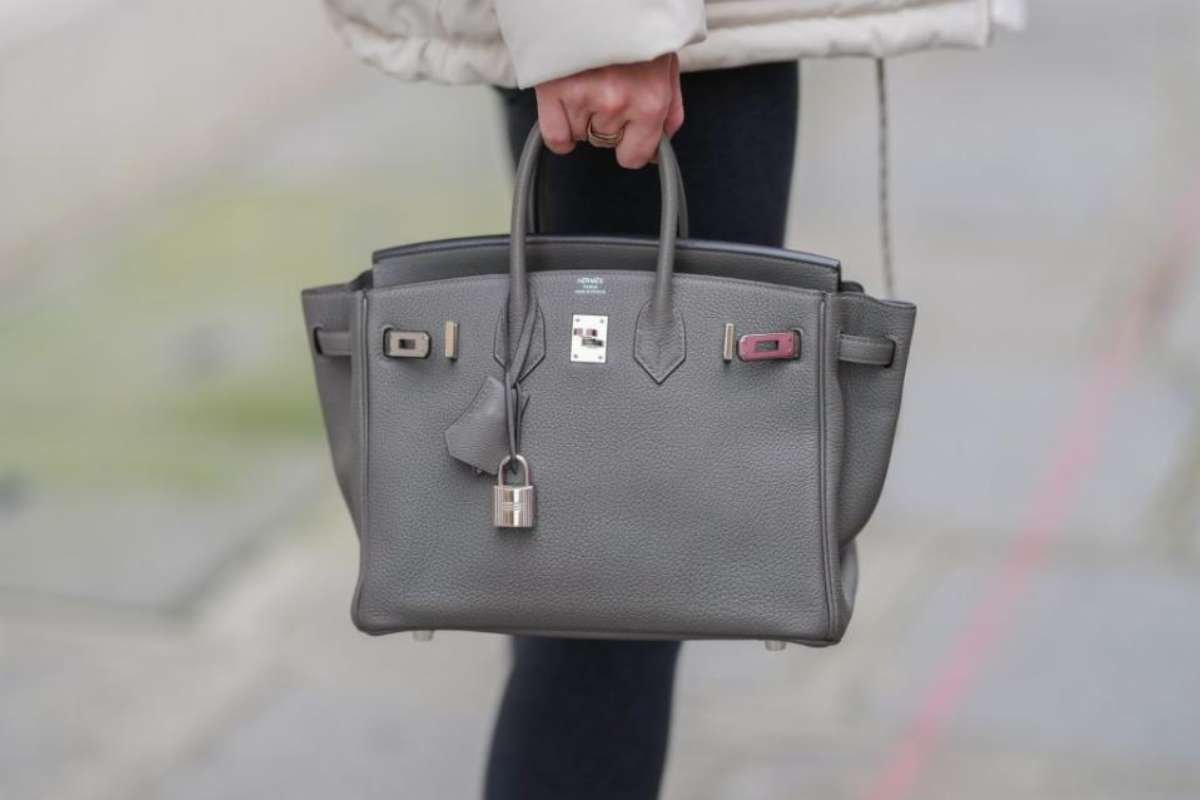Panera is facing yet another lawsuit following the alleged death of a customer who consumed the chain’s caffeinated drink lemonade. The wrongful death complaint, filed this week by Dennis Brown’s mother, brother, and sister, claims that the 46-year-old man, who had a chromosomal deficiency disorder, ADHD, and high blood pressure, avoided energy drinks but began regularly ordering Panera’s “charged lemonade” in late September.
According to the lawsuit, on October 9, Brown, who lived independently despite mild intellectual disability, blurry vision, and developmental delay, ordered a charged lemonade. It is believed that he refilled his cup twice within about an hour and a half. Tragically, he suffered a cardiac event on his way home and was pronounced dead at the scene when found unresponsive.
Diagnosed with a heart condition
This incident bears a striking resemblance to an earlier wrongful death suit filed by the parents of Sarah Katz, a 21-year-old woman who passed away in September 2022 after consuming Panera’s charged lemonade. Katz, diagnosed with a heart condition called long QT syndrome at the age of five, managed her symptoms with medication and by limiting caffeine intake, according to the previous lawsuit.
Responding to the recent legal action, Panera expressed sympathy for Mr. Brown’s family but asserted that, based on their investigation, they believe his passing was not caused by one of the company’s products. The company maintained its position on the safety of its products, characterizing the lawsuit as equally without merit and noting its similarity to a previous claim filed by the same law firm. Both families are represented by lawyers from the firm Kline & Specter.
Brown’s legal representatives argue that the charged lemonade should have been marketed as an energy drink due to its caffeine and sugar content per serving. The self-serve beverage, however, lacked such labeling and was sold alongside non- or less caffeinated drinks, according to the lawsuit. The complaint contends that Panera Charged Lemonade is marketed to a broad audience, including children, and poses a particular risk to vulnerable populations who may reasonably assume the product is safe for consumption.
Caffeinated drink was regular lemonade
The lawsuit further points out the potential danger arising from the fact that the beverage is mixed on-site by employees, leading to a lack of strict control over its caffeine content. In the case of Sarah Katz, her parents alleged in their lawsuit that she may have believed the caffeinated drink was regular lemonade. Katz experienced cardiac arrest and subsequently died after being transported to a hospital, leading to a second arrest.
Panera has stated that it views this lawsuit with skepticism and stands by the safety of its products. As both legal cases unfold, the spotlight remains on Panera’s responsibility in marketing and labeling caffeinated beverages, particularly in cases involving vulnerable individuals.





